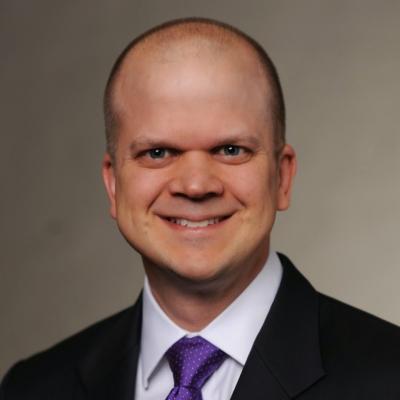Alzheimer's disease is a rapidly growing public health crisis. Today an estimated 5.4 million Americans live with the disease and, barring the development of medical breakthroughs to prevent, stop or slow Alzheimer's disease by 2050, the number of people age 65 and older with Alzheimer's disease may reach as high as 16 million people. What's more, at a cost of $236 billion a year, Alzheimer's is the most expensive disease in the nation with an estimated $160 billion of that cost coming directly from Medicare and Medicaid.
Across the globe researchers are focused on changing this trajectory. To date, none of the pharmacologic treatments available for Alzheimer's disease slows or stops the damage and destruction of neurons that cause Alzheimer's symptoms and make the disease fatal. And while there are six drugs approved by the U.S. Food and Drug Administration (FDA) for the treatment of Alzheimer's, the effectiveness of these drugs are limited and vary from person to person.
From 2002-2012, 244 drugs for Alzheimer's were tested in clinical trials registered with clinicaltrials.gov, a National Institutes of Health registry of publicly and privately funded clinical studies. Yet, only one of the 244 drugs successfully completed clinical trials and went on to receive approval from the FDA. Many factors contribute to the difficulty of developing effective treatments for Alzheimer's - from the high cost of drug development to the length needed to observe effectiveness and the structure of the brain itself.
Despite these challenges and oftentimes setbacks, academic and industry researchers remain fully committed to studying this disease and Congress has made progress to support these efforts in recent years. Alzheimer's disease research funding at the National Institutes of Health (NIH) has doubled in the last five years - with FY16 funding at a historic $991 million. And, Congress is considering legislation that would further spur innovation.
The 21st Century Cures Act would accelerate the discovery, development and delivery of new treatments and cures for all diseases. 21st Century Cures is a holistic approach to increasing research funding and creating a regulatory framework that brings cures to the market quickly and efficiently. It would increase funding at NIH for innovative approaches to addressing complex and unmet diseases and, importantly, streamline the regulatory process to ensure that those treatments can be available to patients as soon as possible. The Alzheimer's Association has been a supporter of this bill, working with the House Energy and Commerce Committee on its development since it was first introduced by Congressman Fred Upton (R-MI) and Congresswoman Diana DeGette (D-CO). This legislation has been touted by Senate Majority Leader Mitch McConnell (R-KY) as a priority for the remaining weeks of the 114th Congress.
Another piece of legislation before Congress is the renewal of the Prescription Drug User Fee Act (PDUFA). Since 1992, PDUFA has authorized the Food and Drug Administration (FDA) to collect fees that in turn are used to expedite the drug approval process. In addition PDUFA helps to ensure safe, quality drugs are delivered to patients in an efficient, transparent and predictable manner. The Alzheimer's Association works closely with the FDA to ensure the patient perspective is represented in the process and to make suggestions that ensure the best possible outcomes for people living with the disease.
With Congress' support through increased NIH research funding and the passage of legislation like 21st Century Cures and PDUFA, the research community is better equipped to develop medicines that can make a difference in the fight to end Alzheimer's.
Robert Egge is the Chief Public Policy Officer of the Alzheimer's Association and the Executive Director of the Alzheimer's Impact Movement.
This blog post was prepared for and originally appeared on BioTech-Now.org on November 28, 2016.
